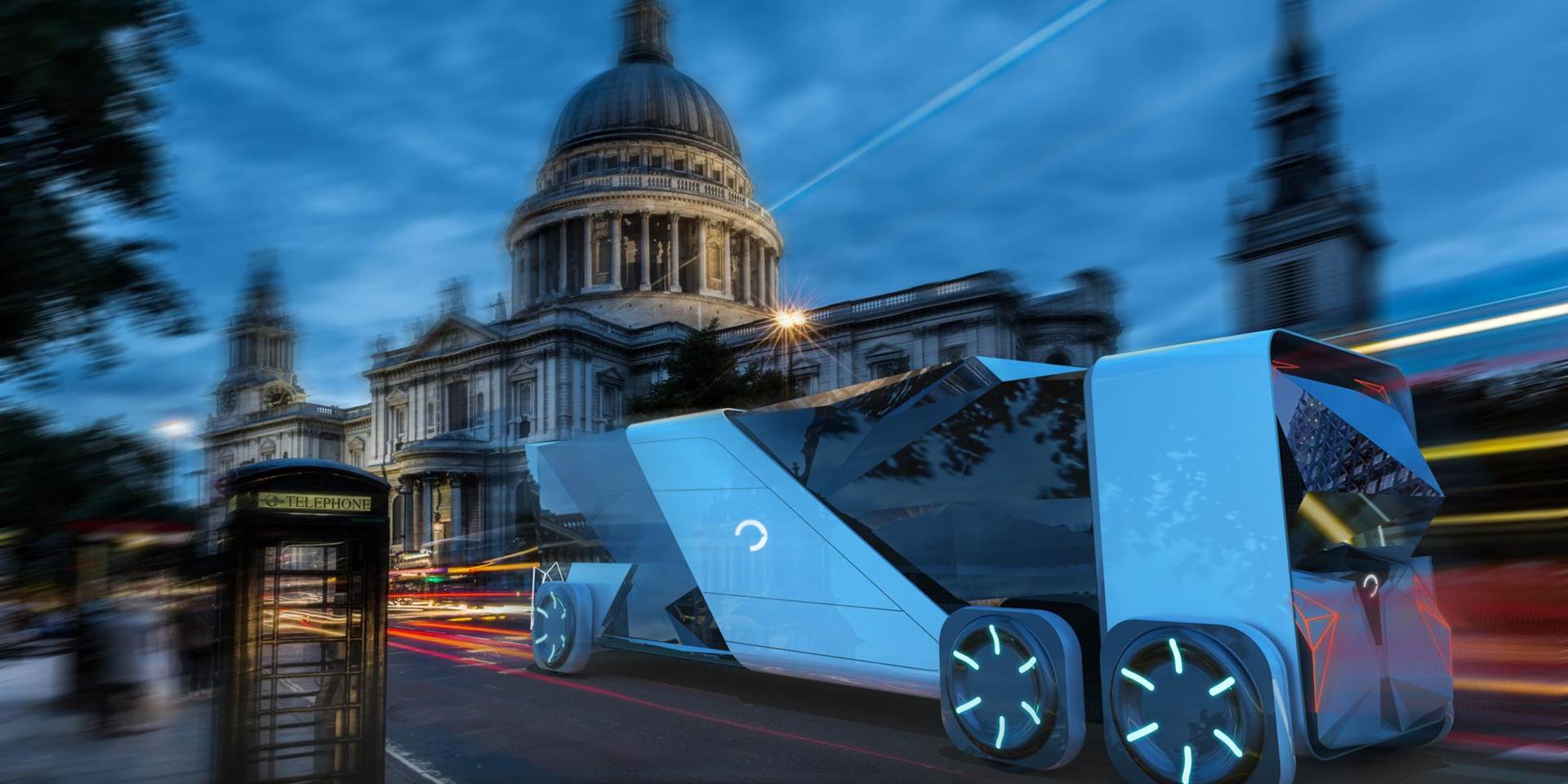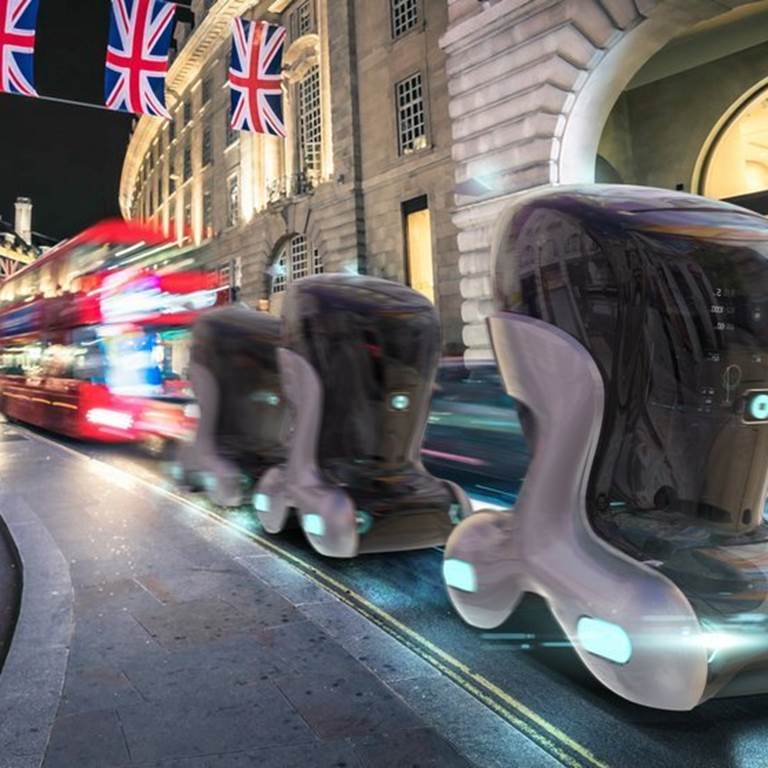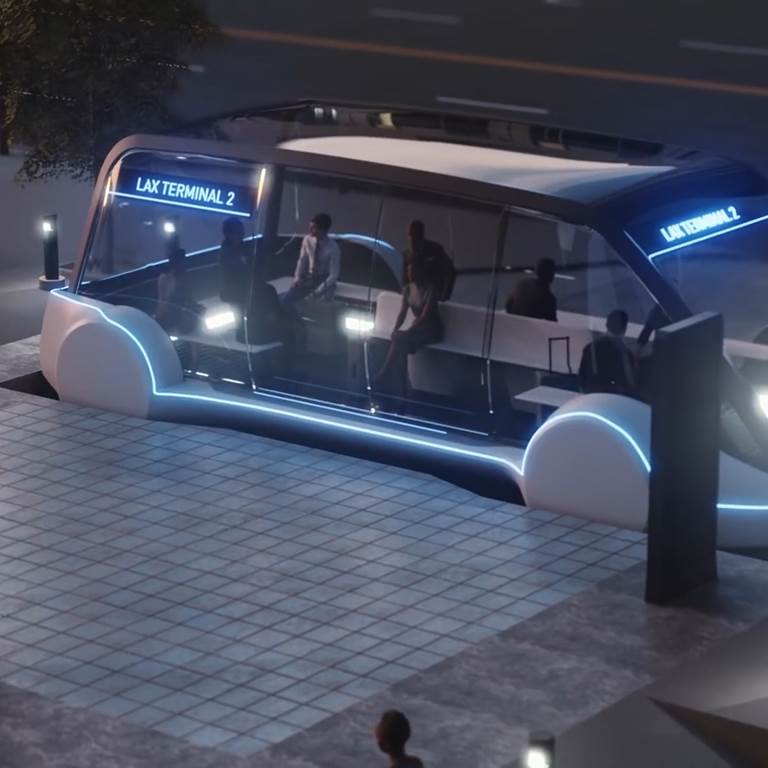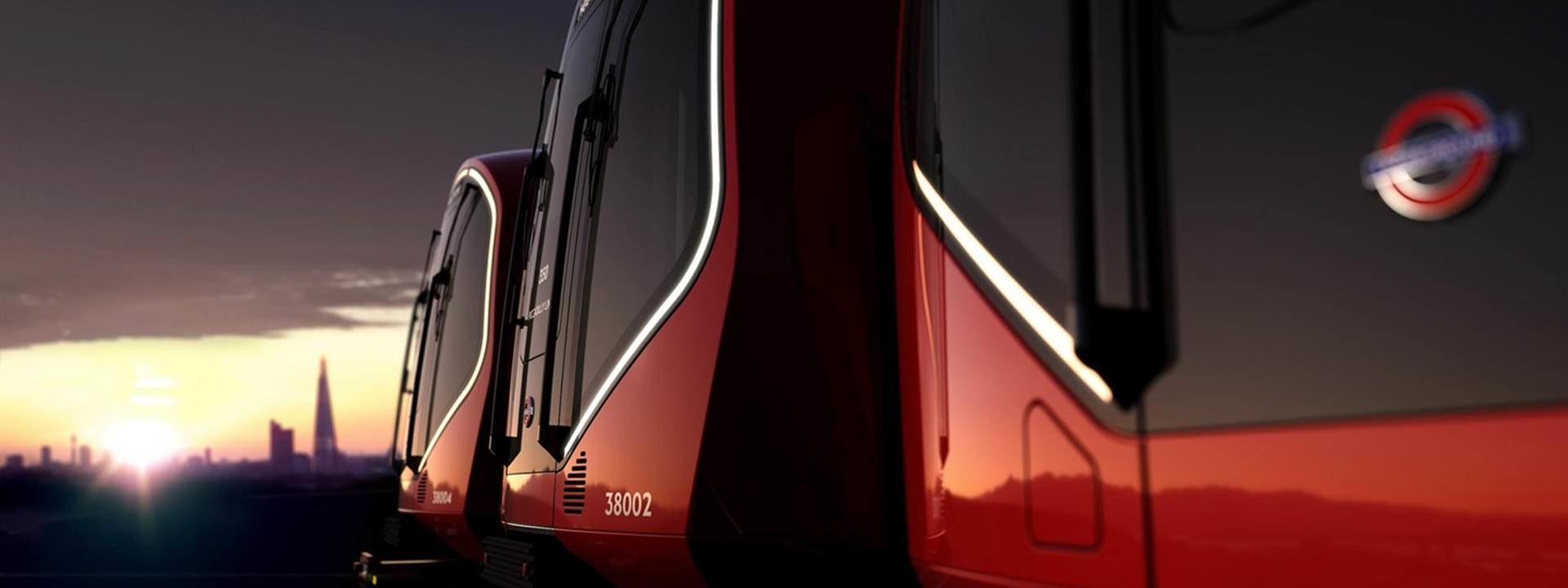The Future of Transportation
As the population of the world grows, so must it's transporting network. Most major cities (with all their taxis, buses, trains, trams and the ever-growing popularity of dockless bicycles and electric scooters) face the growing issue of having to fit more into fewer spaces.
Cities are needing to evolve to keep up with the increasing demand for more housing and transportation options, meanwhile, keeping pollution at bay; a problem that contributes to more than 9,500 deaths per year in London alone. So what does this new reality mean for us and how might it look?
We are beginning to see this recognition for eco-friendly transportation in legislation, for example, a big push to increase the number of electric vehicles and charging points across the world, the UK government's ban on the sale of petrol and diesel cars from 2040 and Mayor Sadiq Khan's bold ambitions to transform the London transport system into zero emission by 2050.
Countries must match these incentives with local context to make these plans a reality. China’s registration quota strategy has proven successful as they limit the number of diesel and petrol vehicle purchases within polluted urban areas, making electric vehicles far more of an attractive investment. Similar actions have been made in Norway, through promoting electric vehicles by exempting them from the countries numerous expensive bridge and tunnel tolls.

Electric vehicles will undoubtedly help alleviate the devastating consequences of pollution. And significant emphasis by both Government and Private/Public companies believe that automation of vehicles will drastically enable cities to become more efficient within their limited space.
By Q2 of 2020, London could have its first influx of driverless tube trains. It estimates that it will "increase capacity on the Central Line by 25%, the Bakerloo Line by 25%, the Waterloo & City Line by 50% and the Piccadilly Line by 60%.” This is said to reduce the number of signal failures that plague many morning commutes, with the added bonus of wireless internet and air conditioning through the entirety of the commuters journey.
Autonomous cars are also going to become more of reality for Londoners as the Department for Business and Transport has put £12.8M into research and development of self-driving technology. So we may see an autonomous taxis such as Waymo emerge. Waymo, a subsidiary of Alphabet, a tech firm has recently launched the Waymo One, their first autonomous commercial taxi service for those within the metro Phoenix area. Commuters can ask to be picked up at any time during any day similarly to Uber and Via Van, complete with price estimates and trip reviews.
people were killed or seriously injured on London's roads in 2015. It won’t eliminate all accidents, but you can be confident that your autonomous vehicle will not fall asleep or lose concentration while driving. It will improve accessibility to those who cannot drive, for disabled people but also to those who are very young or old. While reducing the price of taxi journeys, more space will emerge. Some international studies suggest that 95% of cars in a city are usually parked. If all autonomous cars constantly drive and can be summoned when required, it will eliminate the amount of parking used which will then enable cities to build more houses and communal areas such as parks, shops, etc..
However, it won’t come without consequences. Job losses will be at an all-time high within large cities as many make their living from driving taxis, minicabs, delivery, trains, trams, etc.. New jobs will be created in the autonomous industry but these will require people with very different skills. The psychological impact is still unknown, so are we ready to immerse ourselves with all that technology has to offer? Will it free up our time, or is it a stepping towards the world of Wall-E where we roll around on floating chairs, staring at screens navigating through social media while becoming obese? - this is anyone's guess, but I'll look forward to the journey.




